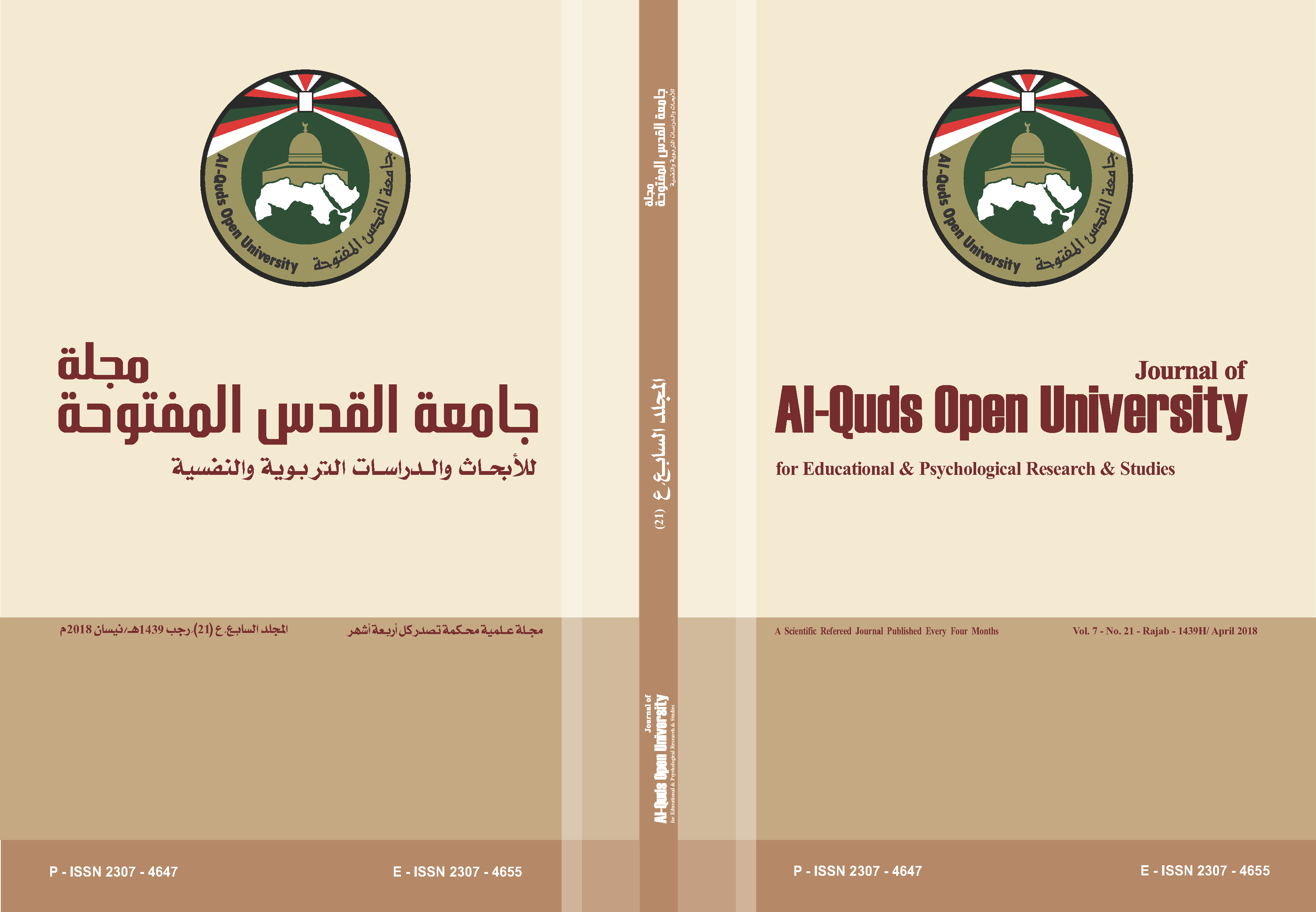Investigating the Role of Gender in Jordanian EFL Young Learners' Use of Communication Strategies
Keywords:
Communication Strategies, EFL learners, Gender, Jordan, Young learnersAbstract
The ultimate goal of learning languages is 'communication'; either in oral or written forms. To communicate successfully, some techniques are used to overcome various oral breakdowns; these techniques are referred to as 'communication strategies'. These communication strategies, particularly Jordanian EFL sixth grade students, were examined in terms of extent of use in EFL classrooms. The study also examined whether there is a gender effect on using these strategies or not. The sample, however, consisted of 50 male and female sixth grade students. To collect data, an oral test and a communication strategy checklist were used. With particular interest, the targeted communication strategies to be investigated included approximation, circumlocution, repetition, appeal for help, self-repair, confirmation request, clarification request and guessing. The findings revealed that the use of the targeted communication strategies was higher for the strategies of: repetition, appeal for help, confirmation request, self-repair, clarification request and guessing than approximation and circumlocution use. Results also revealed that gender did not affect students' communication strategies' use.
Downloads
Published
How to Cite
Issue
Section
License
- The editorial board confirms its commitment to the intellectual property rights
- Researchers also have to commit to the intellectual property rights.
- The research copyrights and publication are owned by the Journal once the researcher is notified about the approval of the paper. The scientific materials published or approved for publishing in the Journal should not be republished unless a written acknowledgment is obtained by the Deanship of Scientific Research.
- Research papers should not be published or republished unless a written acknowledgement is obtained from the Deanship of Scientific Research.
- The researcher has the right to accredit the research to himself, and to place his name on all the copies, editions and volumes published.
- The author has the right to request the accreditation of the published papers to himself.







2.png)






_2.png)

